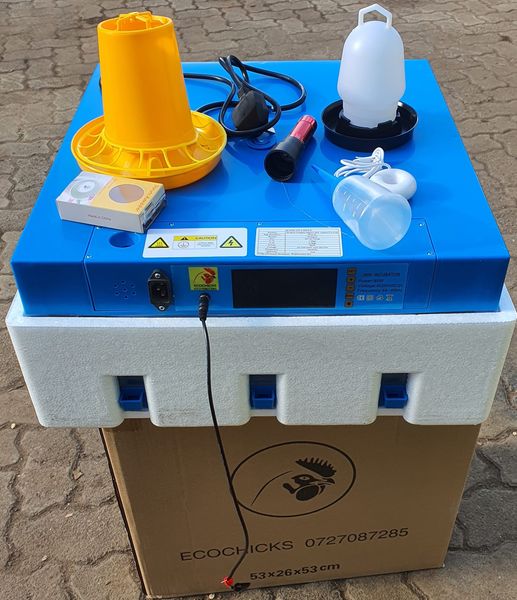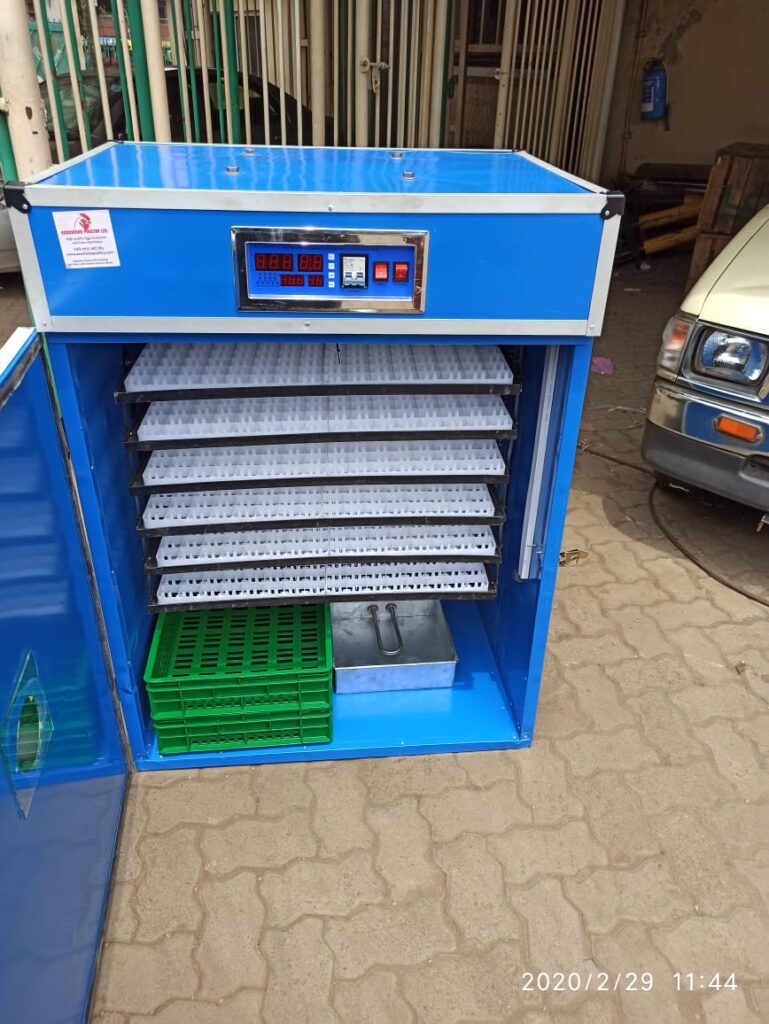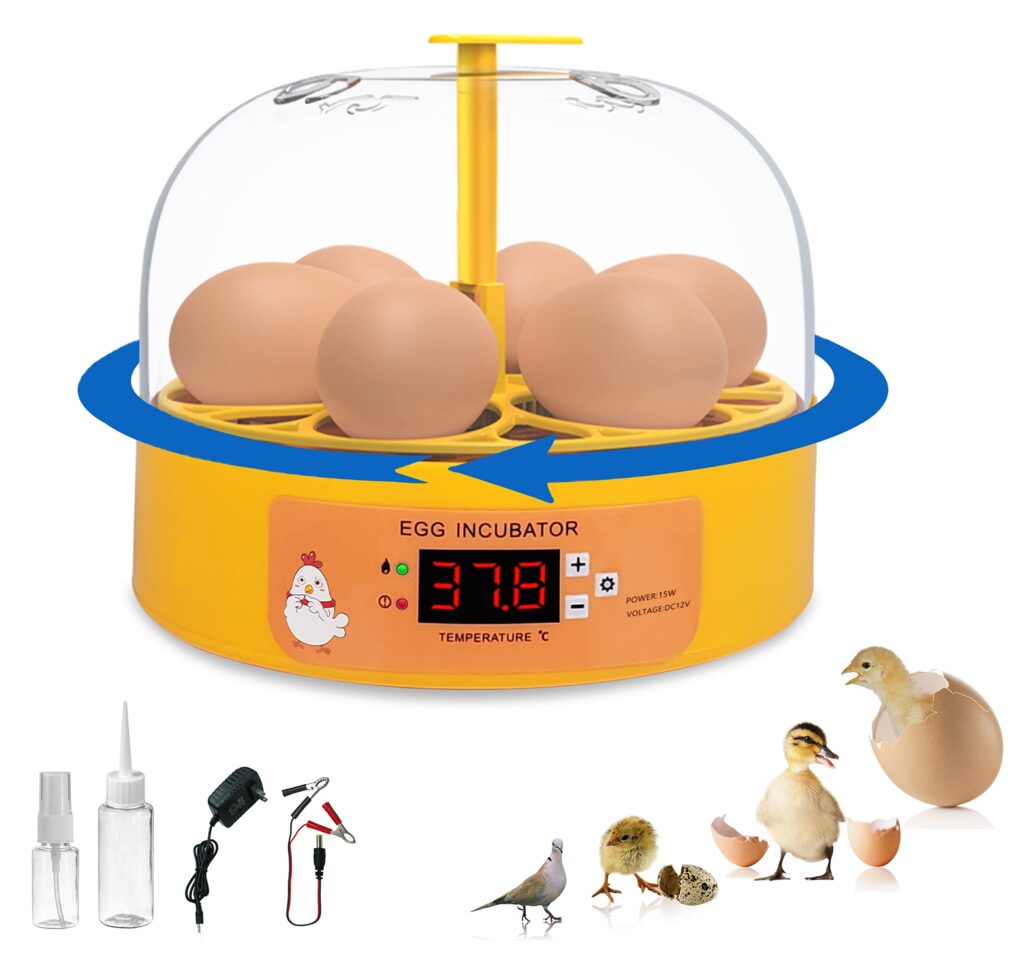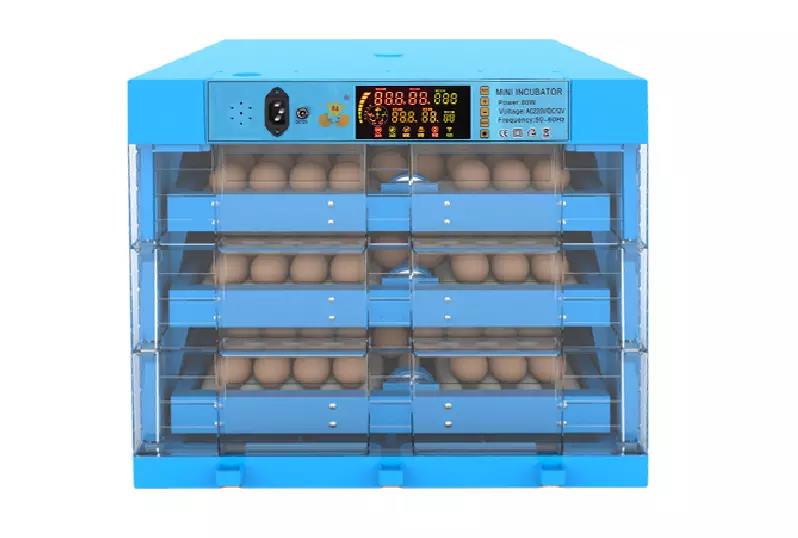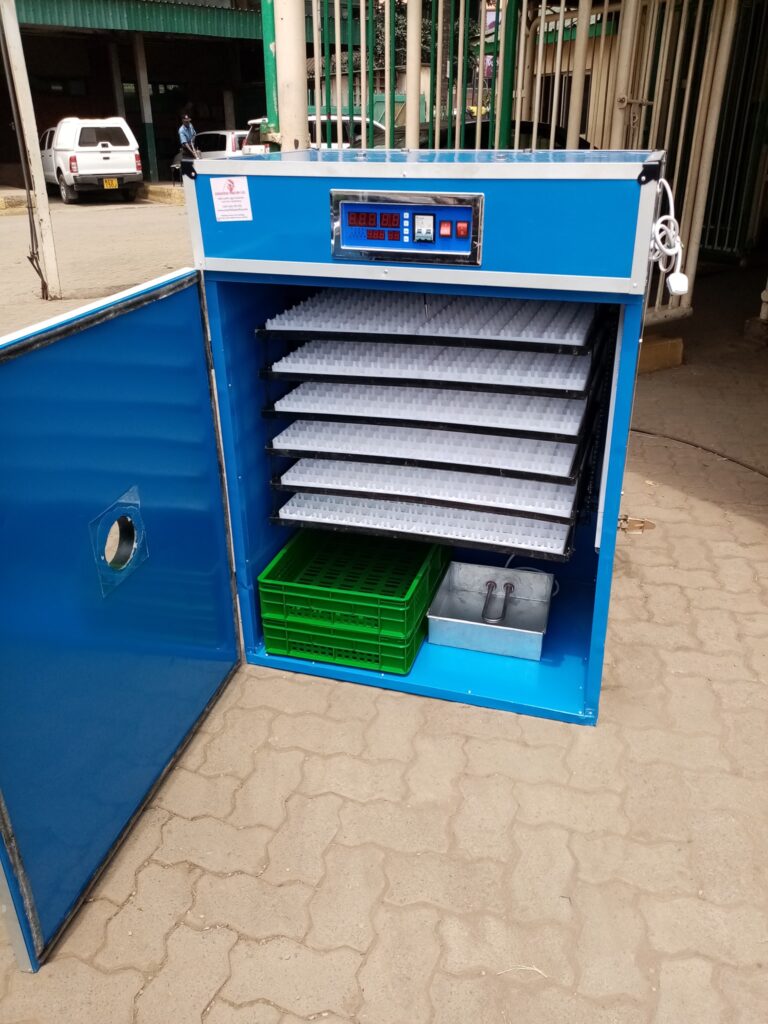Incubation periods for poultry eggs
Here are some estimated incubation times for different types of eggs:
- Chicken eggs: 21 days
- Duck eggs: 28 days
- Goose eggs: 28-34 days
- Turkey eggs: 28 days
- Quail eggs: 16-18 days
- Guinea fowl eggs: 26-28 days
- Ostrich eggs: 42-50 days
- Pheasant eggs: 22-25 days
- Partridge eggs: 23-24 days
It’s important to note that these are approximate incubation times and may vary slightly depending on factors such as incubation temperature and humidity levels. It’s also important to follow the specific instructions for your incubator and consult with an expert or veterinarian if you have any concerns about the hatching process.



